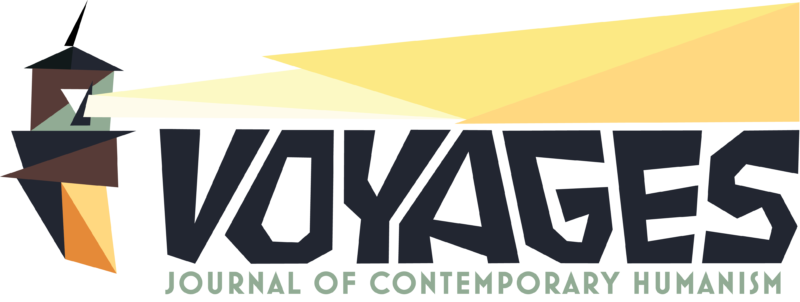
“Booked for Safekeeping” is a short-form, non-linear, experimental video that addresses faltering outlets for the containment and expression of violent impulses, the reactionary bluster of discourse in contemporary society and the isolation and paranoia developing within American communities. Juxtaposed against the grace, rhythm and force inherent within the motions of a boxer engaged in battle with himself are archival images from a 1960 film produced by the Louisiana Association for Mental Health and the New Orleans Police Department that addresses the apprehension and incarceration of “disturbed” people. While investigating the propensity and commonality of violence, the piece eludes to the distressing shift in tone and approach regarding the policing of communities, wherein patience, communication, compassion, and de-escalation are too often replaced with militaristic distance and aggressive control.


Initially conceived as an outgrowth of a thirteen-year body of video works centered on domestic rituals, archival interventions, the exchange of cultural currency and the breakdown of intergenerational communication in post Hurricane Katrina New Orleans and the Gulf South, the concepts behind “Booked for Safekeeping” evolved as the piece developed throughout 2016. While studying George Stoney’s 1960 film of the same name for scenes and sound bytes to pull from and juxtapose against, I was struck by the calm, sincere approach to community-based policing focused on the prevention and the defusing of situations rather than prioritizing control and submission over policed parties. The reasoned, rational, patient approach in Stoney’s narrative with parts played and acted out by actual New Orleans Police Officers presents such a stark contrast to much of what America currently witnesses with regards to police relations. While the accuracy and portrayal of police principles and behaviors in Stoney’s iconic film may be questioned, simply prescribing this approach is remarkable for its humility and sincere concern for community good, especially when considered against the backdrop of police brutality and a long series of well-documented deaths at the hands of questionably aggressive and excessive police behavior. What if, as the possibility is illustrated in the original “Booked for Safekeeping”, decades ago police invested in and prioritized community service and constructive rehabilitation over increasingly militaristic responses and approaches?


A note on George Stoney:
It is an honor to work with and to recontextualize the work of one of my favorite filmmakers, George C. Stoney. Sometimes referred to as the father of public access television, Stoney crafted scores of films on a huge variety of subjects, many of which screened on public television in the second half of the twentieth century. The original “Booked for Safekeeping” is part of the public domain, hence my license to use it within my work. In appropriating this footage, I intend to honor the work and legacy of Stoney and to bring his work to a new audience and generation while utilizing the work as points of illustration, contrast, abstraction and complement to the ideas and gestures that I create, stage and produce. I highly recommend you seek out his films, many of which are available for free online.



“Booked for Safekeeping” premiered at the 2016 New Orleans Film Festival and screened in 2017 at the Rencontres Internationales (Paris), Ethnografilm Festival (Paris), The Southern Margins Films Festival (Innovation Award) at Clemson University, South Carolina, NewFilmmakers Series at Anthology Film Archives (New York) and The Art of Brooklyn Film Festival.


You must be logged in to post a comment.